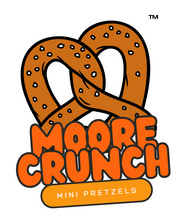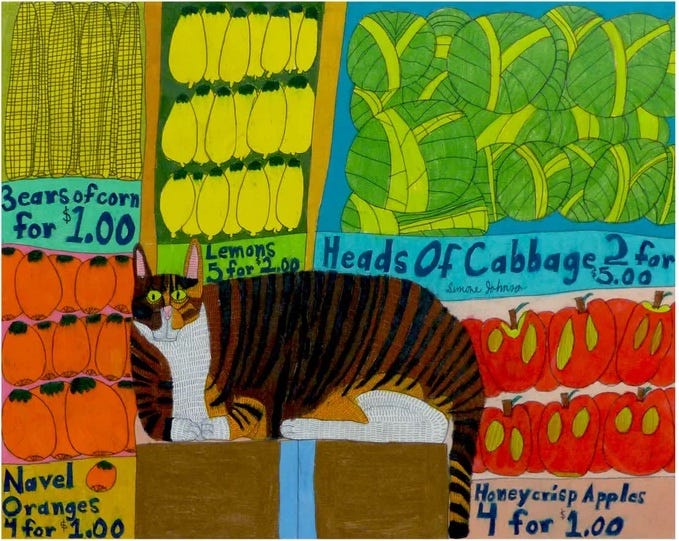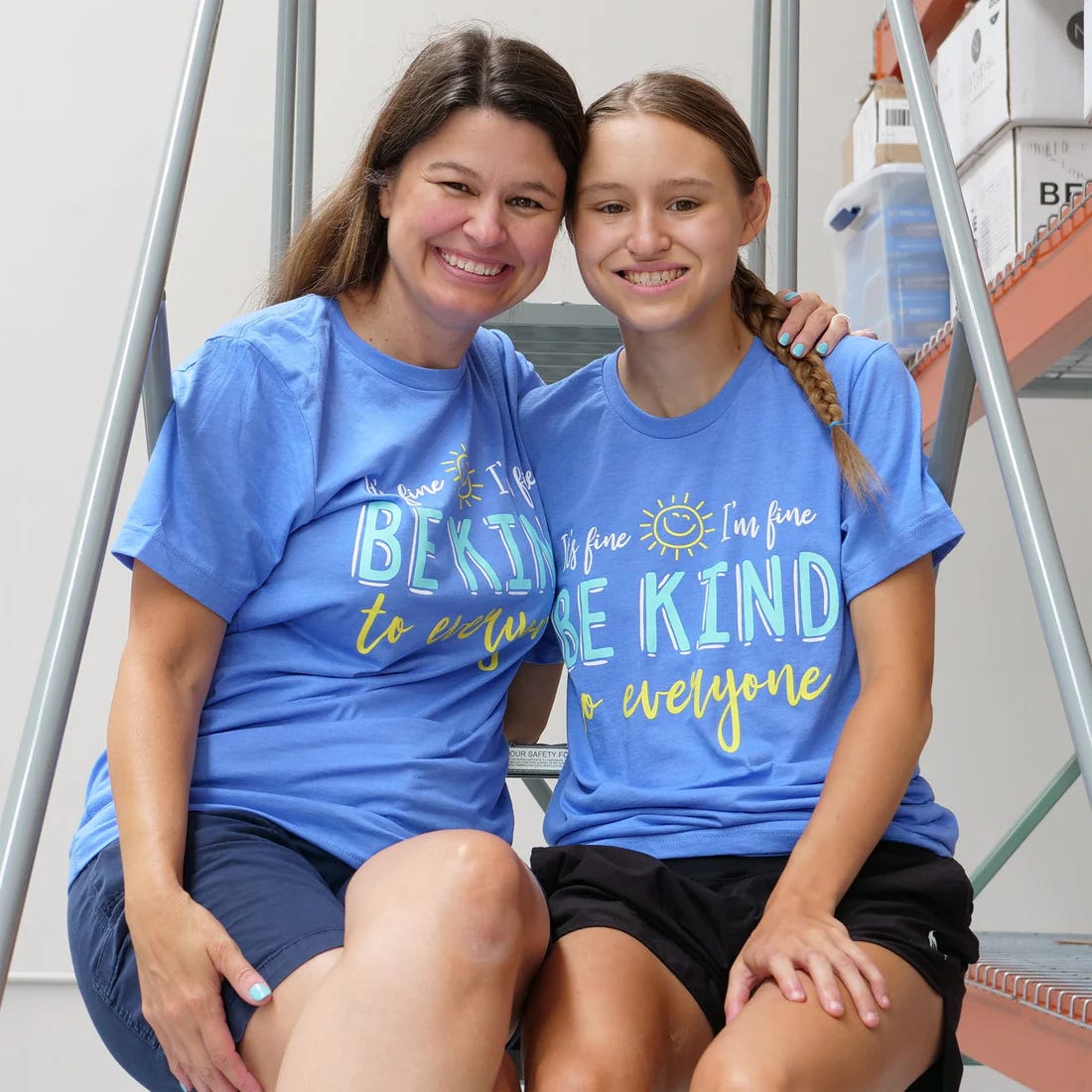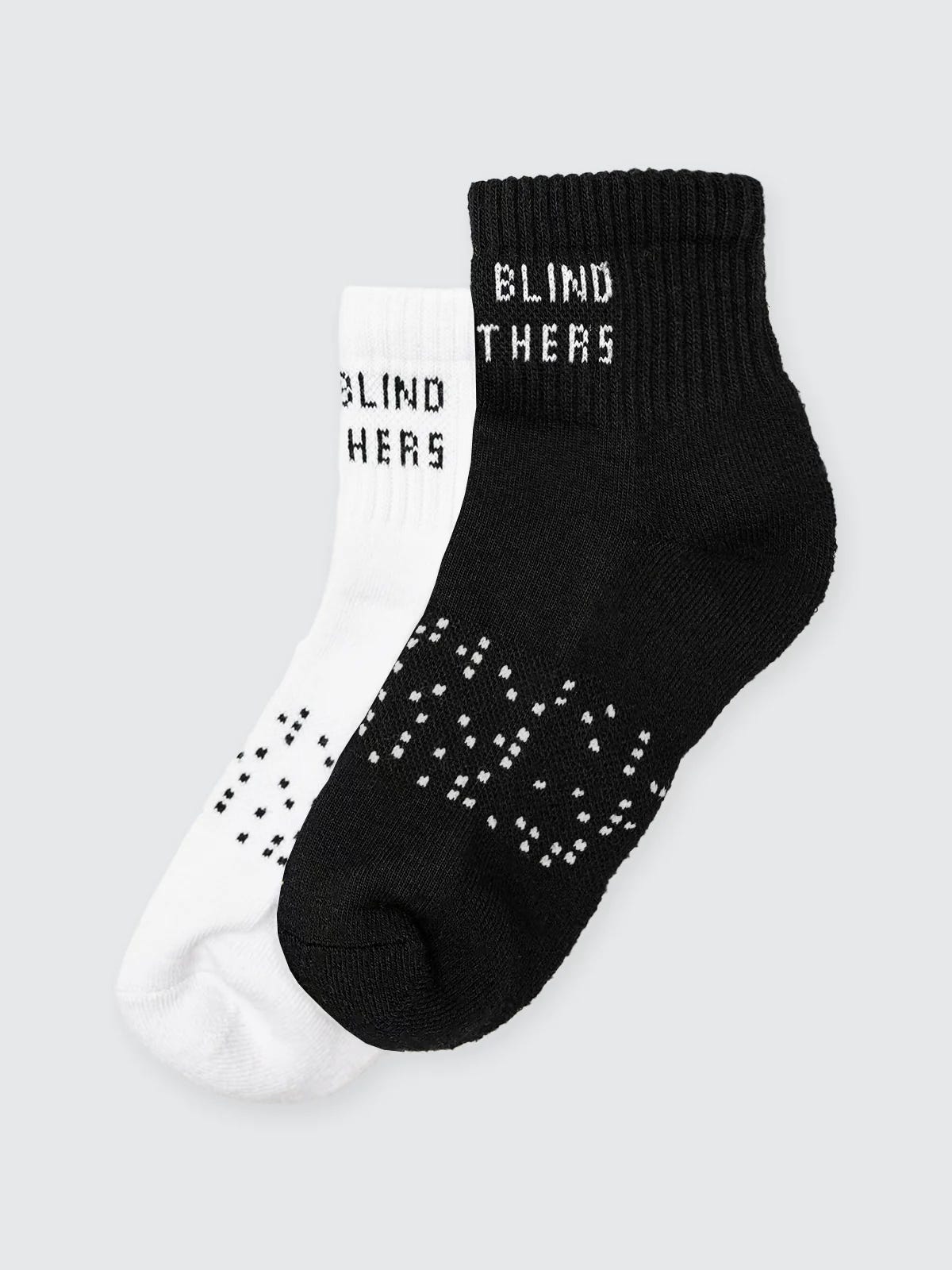Hi there! Thanks for your patience as I readjust to the beginning of the school year while simultaneously adjusting to the horrifying news cycle. I wanted to send out this newsletter last week, but felt it was best to wait a few more days.
This year I am working with a young adult who is approaching her 21st birthday, after which she will have aged out of special education services in accordance with federal legislature. She is currently enrolled in the transitions program of her school, where she is assigned an internship opportunity in addition to skill-based academics—think “community math” that focuses on budgeting. About a year and a half ago this individual expressed an interest in eventually working in education, and after engaging in a year-long project involving interviews of her current and past teachers and researching education degrees, the project has significantly evolved. She decided she doesn’t want to pursue that career anymore—fair. But now what? Many of us could come to this place at one point in our career or another: am I passionate enough about the work I am doing to continue, or do I leave my current job to pursue a career I feel aligns with my current ethos? Am I doing this job just to bring in a paycheck and get health insurance, and if so, is that sustainable for my happiness in the long run? As such, we are now exploring her career aspirations and future employment opportunities through conversational discourse around “passion” jobs and “purpose” jobs. I’ve really enjoyed our sessions and hope to share more of that process in my newsletters as the year goes on.
The Center for Neurodiversity and Employment Innovation at The University of Connecticut states that, “Unemployment for neurodivergent adults runs at least as high as 30-40% which is three times the rate for people with disability, and eight times the rate for people without disability.” Companies such as JPMorgan Chase, SAP, and Ford Motor Company, and Microsoft have established hiring initiatives1 to provide supported job environments for neurodivergent individuals, but what about people who do not want to or cannot work in a corporate environment? Many parents of children with various disabilities, if they have the means, attempt to create their own small businesses so that their kids can harness job skills, eventually having a way to make a living or to support themselves financially. Clearly certain advantages and privileges are factors in the success of those endeavors; however, my hope is that the success of these early adaptors can lead to an increasing number of business opportunities worldwide in the future. For once, social media has shown a magical purpose, which is exposure to some of these individuals and the businesses they are a part of. Here are a few that really stuck out to me:
Moore Crunch
I originally found out about Moore Crunch on tiktok, and think it’s best if Marcus, the the creator and business owner, is able to explain the business in his own words.
“I have autism and didn't like that I couldn't take care of myself without the help of my parents. They love me and I love them but I'm also trying to live on my own and fit in where I can. I had been working as a night stock clerk because it was the only job I could get. I had severe social anxiety and that along with autism just didn't seem like I was going to be able to get promotions or things like that.
I decided to find another job and got hired at a different grocery store. This time, I was working during the day and they actually taught me things so I could be better at my job and part of the team. Even though that was great, I knew I would never be hired as a supervisor or manager because of my autism. I went to my parents and told them I wanted to start a business so I could take care of myself. I tried painting, crafting and other things but it didn't feel right.
One day I was gobbling up some pretzels and wanted to make them taste better. My parents were like, "what do you think about starting a pretzel business?" I made some pretzels and they were just ok. I switched up some things and came up with my own process and recipes. My mom got me a booth at a local farmers market and Moore Crunch was born.”
Pure Vision Arts
If I had unlimited amounts of money I would want to fund more programs like Pure Vision Arts. “The mission of Pure Vision Arts is to provide people with autism and developmental disabilities opportunities for artistic expression and to build public awareness of their important creative contributions.” They provide both a professional art studio and exhibition space for their artists, as well as opportunities to sell their art and support themselves professionally through their website and art shows like the Outsider Art Fair.
Admittedly, Simone Johnson’s sold out Bodega Cats are some of my favorites.
Summer Shirt Project
Another tiktok find is the Summer Shirt Project, which was started by Jordan Moore’s family to help her learn job skills. “Like many parents of children with disabilities, we (her parents - Ben and Jackie) worried about what would happen when she aged out of school because the opportunities for adults with disabilities are limited…What started as a summer project has now turned into a family business that Jordyn is thriving in.” The shirts are designed, printed, and shipped from their warehouse outside of Atlanta, Georgia.
Two Blind Brothers
Brothers Bradford and Bryan Manning, who currently live in New York City, were diagnosed with Stargardt’s disease, “a form of macular dystrophy where the center of the eye’s vision deteriorates over time, while the peripheral vision remains intact.”They started their clothing company, Two Blind Brothers, to support research of retinal eye disease. From their website:
We work closely with the Foundation Fighting Blindness, which focuses on research regarding different inherited retinal diseases. We are familiar with a lot of the other vision impaired/blind advocacy organizations such as NFB and AFB.
I love these ankle socks that are stitched with braille along the arch. In braille it reads, “Thanks to you, we are one step closer to a cure.”
Are there any small businesses like these that you have come across? Please share them below in the comments!
https://askearn.org/page/neurodiversity-hiring-initiatives-and-partnerships









Great post! SpecialistSterne is another one to look at, helping individuals on the spectrum act as independent consultants / form their own small consulting businesses.